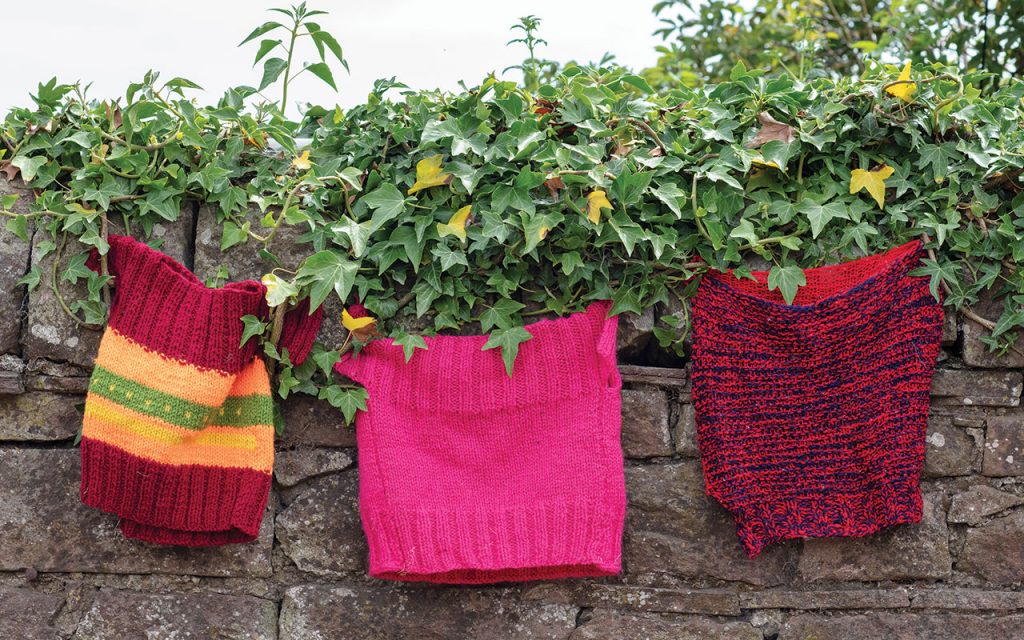These ethical, forward-thinking farmers at beautiful Lunan Bay have their own unique take on the progressive possibilities of Scottish agriculture
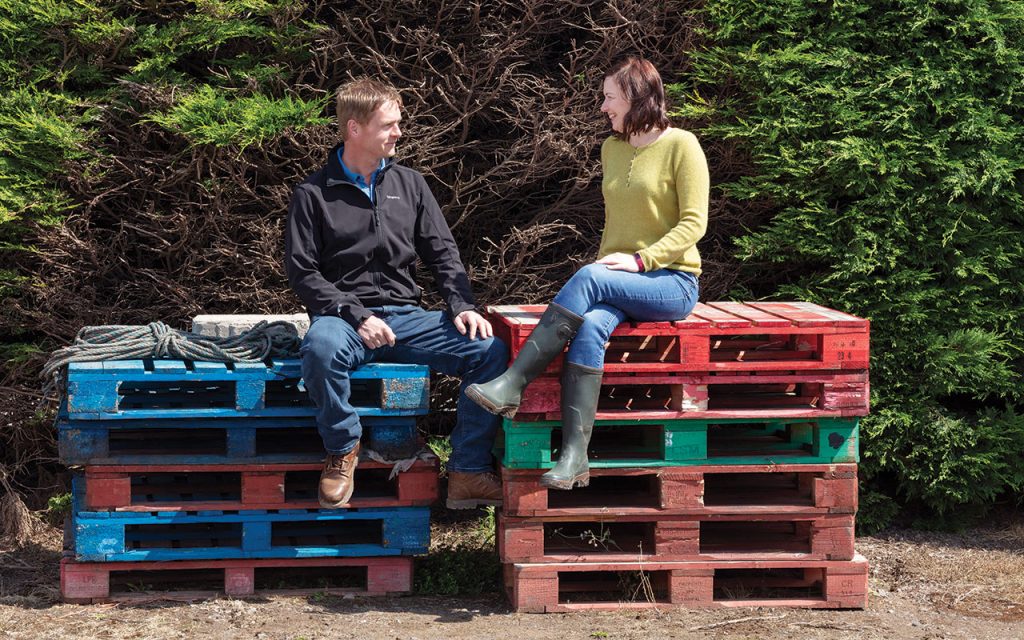
Photography Susie Lowe
Words & art direction Gillian Welsh
Have you ever wondered where your asparagus comes from as it sits there on your plate, in a luscious pool of tarragon beurre blanc? If it’s Scottish, chances are it’s from Neil and Jillian McEwan’s Lunan Bay Farm. Supplying top eating spots, such as Michelin-starred The Cellar in Anstruther, the Peat Inn in St Andrews and Andrew Fairlie at Gleneagles, the McEwans’ farm is one of just three asparagus producers in Scotland. “We started growing it in 2017,” says Neil. “Our light, well-draining soils and unique microclimate create perfect conditions – this area benefits from the most sunlight in the country.”
Agriculture has been in his family for five generations, but life on the farm is a newer concept for Jillian. After a successful postdoctoral career in drug development working in pharmaceuticals and biotech, she set up an online business, sourcing fine foods from small-scale Scottish producers and distributing them throughout the UK. Working alongside chefs helped her discover a real appetite for quality and provenance. At the same time, Neil was researching diversification projects on the farm and was keen to supply chefs and consumers directly – and that’s when Lunan Bay Farm was born.
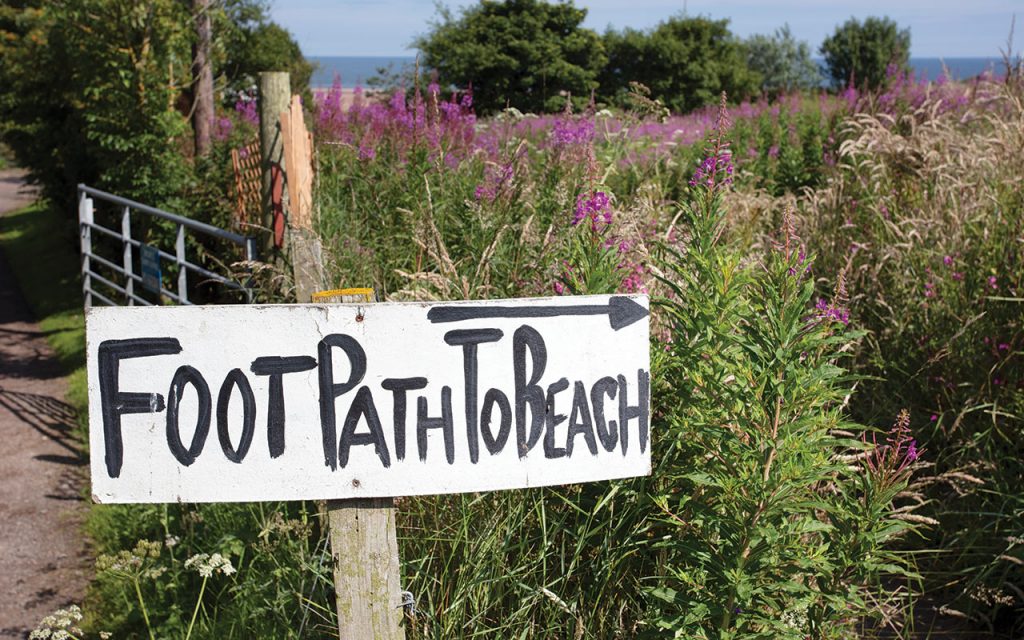
Asparagus isn’t the only crop grown here; the hippest new superfood on the scene, the honeyberry, is cultivated too. (High in antioxidants, it tastes a bit like blackberries, raspberries and blueberries all rolled into one.) And there’s livestock – but not cows or sheep like many of the surrounding farms; instead, here at this picturesque beachside spot is a herd of more than 400 goats.
“I started the niche produce part of the farm business to help us diversify,” explains Neil. Goats, specifically the South African Boer and the Scottish Cashmere breeds, were introduced for their meat and their wool as well as for their environmental benefits. “Selecting the best genetics and treating the animals with the utmost care ensures a quality end product,” he says. “We want to produce Scottish meat of the highest provenance and promote the ethical production of sustainable meat.”
Prized for its tenderness and flavour, goat meat is becoming popular on menus all over the UK. It’s one of the healthiest and most sustainable of red meats. (Goats can actually leave the land in better condition than they found it, since they thrive on the weeds other livestock ignore.) Neil and Jillian’s free-range, well-muscled animals, reared at the foothills of the ruined 12th-century Red Castle in the fields adjacent to their home, couldn’t be happier here, nibbling on wild coastal grasses and gorse.
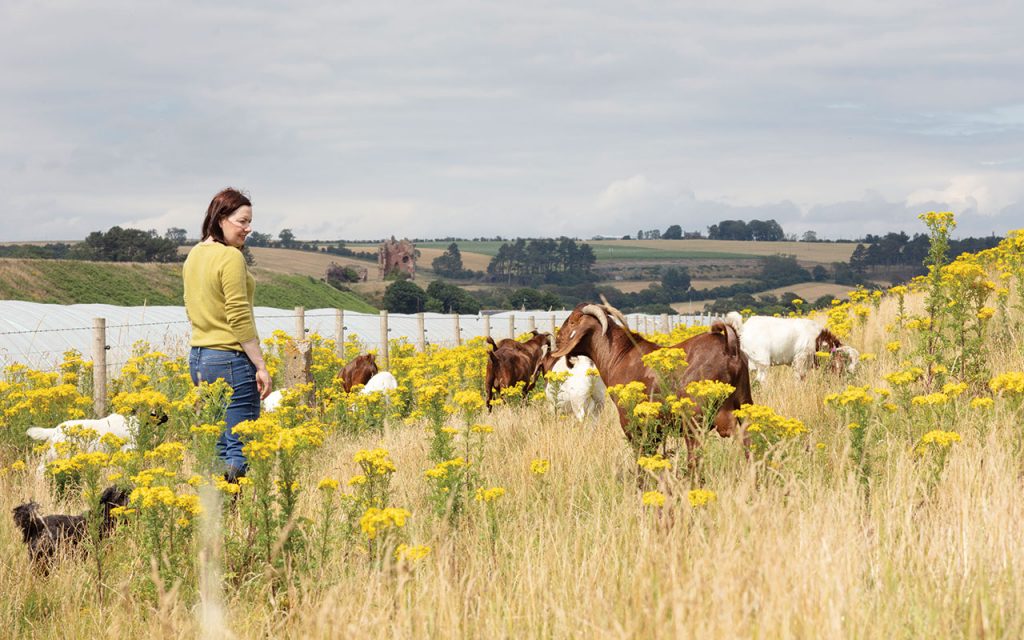
Having been brought up on his parents’ farm at Myreside, a five-minute drive from Lunan Bay, Neil soaked up invaluable experience from a young age. Later, following a career in engineering, he returned to the family farm and transport business with a wealth of new knowledge. His strong work ethos and curiosity for managing new projects mean he is involved both operationally and strategically on the farm, and he admits that, thanks to his powerful sense of responsibility to the land and the environment, he sees his work here not as a job but as a passion to which he has dedicated his life.
On a day-to-day basis, Jillian’s duties include sales and marketing but she can also frequently be found in muddy boots, especially during the kidding and asparagus seasons. She is up at six every morning, checking the goats, walking the dogs, Rex and Bo, along the beach, running farm tours and organising offline and online business.
For Neil, too, the day begins with a 6am goat check-in, then it’s on to managing the logistics and warehousing business at his depots at the farm and in Dundee, along with monitoring crops and planning, then checking the herd again before heading home for 7pm.
Everything is produced on the farm. The goats are born and bred here, and the hay they eat is grown here (as is lucerne, or alfalfa, a special forage crop for the animals to feed on in winter). Some 15 acres is given over to asparagus, which is harvested by hand, then graded and packaged onsite during its brief season.
The farm’s success is down to a combination of hard work, dedication and sharing its story. “It’s so important for us to bridge the gap between farmers and consumers, something that’s widened in the last few decades,” explains Jillian. “Regular contact with customers – whether via chats at local farmers’ markets, providing farm tours for chefs or just daily posts of life on our farm on social media – helps to solidify these vital relationships.”
It can be a tough job but there are so many upsides, they say. Being surrounded by wildlife, for instance, is the best part of working and living on the farm. They own two miles of beach to high tide, the bordering dunes and farmland at the south end of the bay. Secluded, peaceful and teeming with wildlife, including otters and ever-changing populations of birds, it’s a magical, idyllic backdrop to the constant toil. The beach even has genuine treasure, with agates regularly turning up amid the shingle.
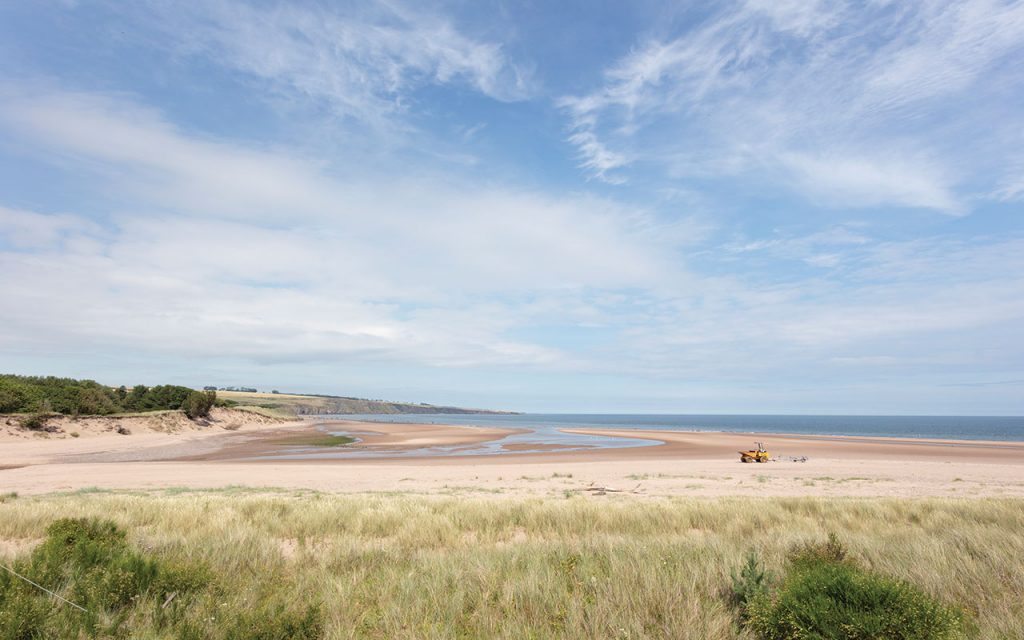
The couple have introduced nature-friendly farming practices, and now work alongside the RSPB on ongoing projects. “Our asparagus fields are favoured by nesting lapwings because the bare ground and low vegetation allows the adults to see approaching predators,” says Neil. “We now have a small colony of lapwings on the farm, which have returned every year since we planted our asparagus.”
Angus has a strong fishing and farming heritage and a remarkable larder of produce, including raspberries, strawberries and the iconic Arbroath Smokie. And there’s a whole new generation of makers – coffee roasters, artisan food vendors and unique distillers – joining the McEwans in adding to its delicious tapestry. Their efforts, combined with weekly farmers’ markets and other food events, is fast turning Angus into one of the country’s most exciting food destinations.
Jillian and Neil certainly get a kick out of seeing their own produce on the menu at top restaurants. “Getting the opportunity to dine out and enjoy the food makes all the hard work worth it,” smiles Jillian. They are both big foodies and say it’s too difficult to narrow their favourite dishes down to just one – though it may well be their 21-day matured goat meat with chillies and lime, slowly steamed in beer by their friend Martha Doyle, chef at Montrose’s El Tajín Mexican restaurant.
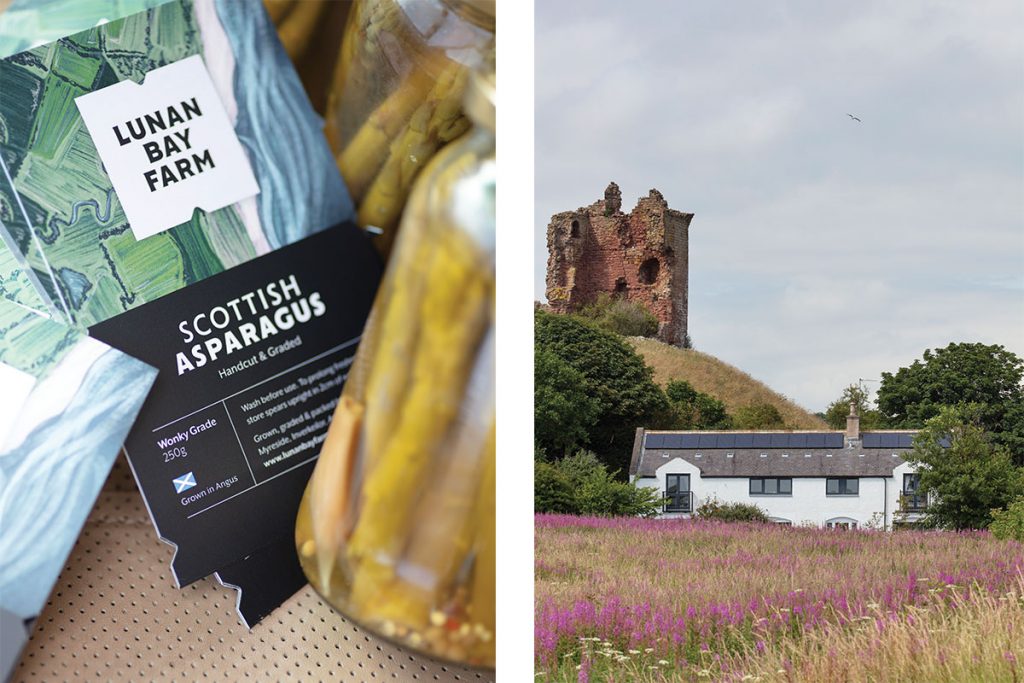
The goats certainly make life interesting. The McEwans can testify to the creatures’ love of escaping to pastures new. “One day Neil got a text from his dad – it was a photograph of our top breeding bucks, Romeo and Laurence, knocking on his patio doors. They are a pair of 6ft stallions!” says Jillian. “Goats are naturally inquisitive, so when these two discovered that the electric fence was off, they decided to go and pay a visit.”
Neil laughs. A farmer through and through, he’s not surprised by these antics and has a deep store of hard-won knowledge. “Never bend over in front of a goat,” he warns. “Never rely on just one weather forecast. And always expect the unexpected.”
